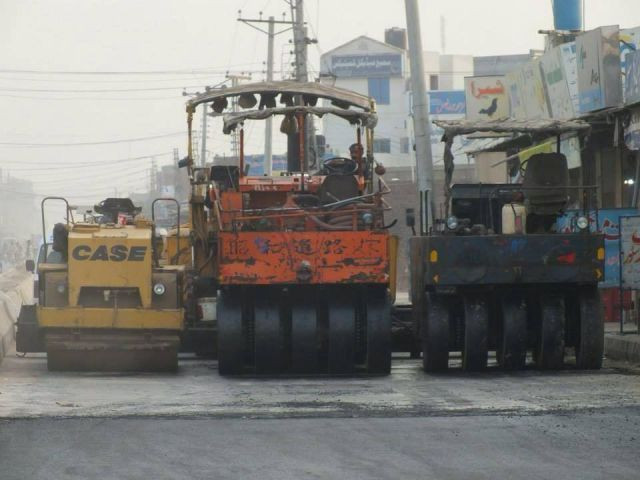Shariah-compliant: Islamic financing increases for infrastructure deals
Islamic banks move to longer-term transactions

Islamic banks move to longer-term transactions. PHOTO: ONLINE
Islamic deals are backed by specific assets, which makes them convenient for infrastructure projects. But traditionally, Islamic bonds and loans have shorter tenors - often around five years - than their conventional equivalents.
This is partly because Islamic markets are generally not as deep and liquid, and products are not as standardised. Also, Islamic banks mostly hold short-term deposits on their books.
This month, however, Pakistani banks arranged Rs100 billion ($955 million) worth of 10-year Islamic bonds (sukuk) for a hydropower plant, the largest infrastructure deal to use Islamic financing in the country.
Opportunities for similar deals are growing with $45 billion worth of domestic infrastructure projects under the China-Pakistan Economic Corridor (CPEC).
Islamic banks have become increasingly willing to manage any mismatch between their short-term deposit bases and such long-term projects, said Abdullah Ghaffar, Head of Investment Banking at Al Baraka Bank Pakistan.
“Excess liquidity with Islamic banks is pushing them towards each and every opportunity emanating from the CPEC,” Ghaffar said.
The government is providing encouragement. In November, Finance Minister Ishaq Dar said Pakistan wanted to make Shariah-compliant financing its first choice for infrastructure and long-term financing needs.
The government plans to shift between 20% and 40% of its debt financing to Islamic sources from conventional ones, Dar said without specifying a timeframe.
Published in The Express Tribune, April 28th, 2016.
Like Business on Facebook, follow @TribuneBiz on Twitter to stay informed and join in the conversation.



















COMMENTS
Comments are moderated and generally will be posted if they are on-topic and not abusive.
For more information, please see our Comments FAQ